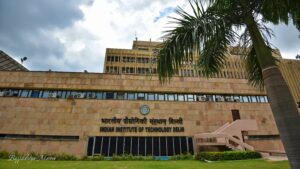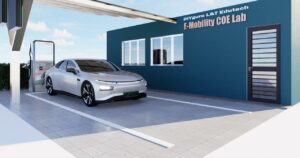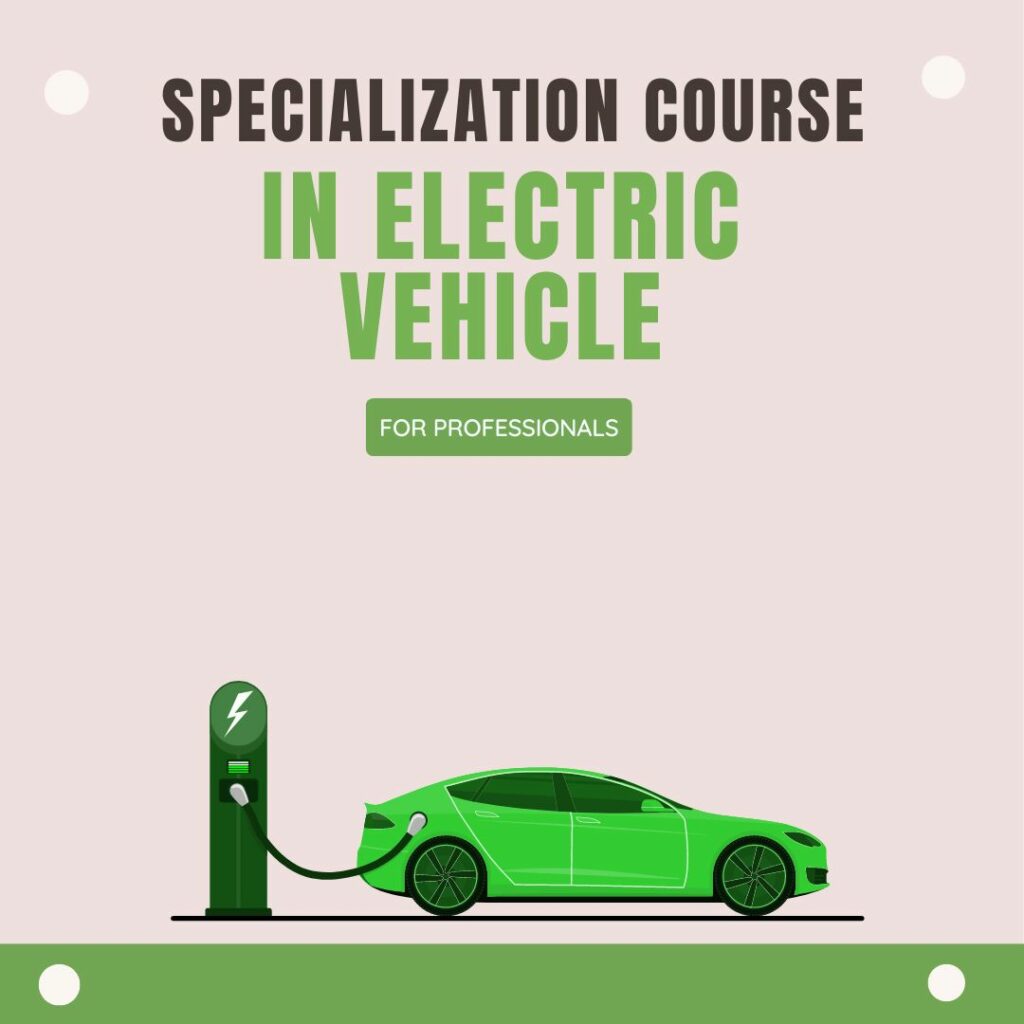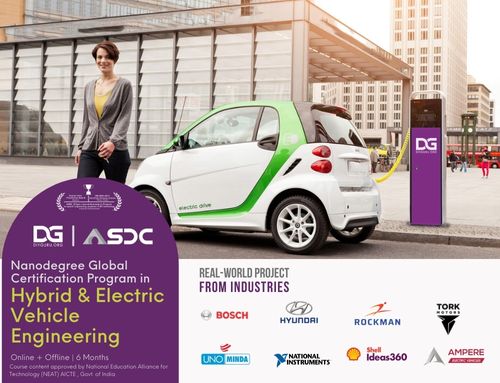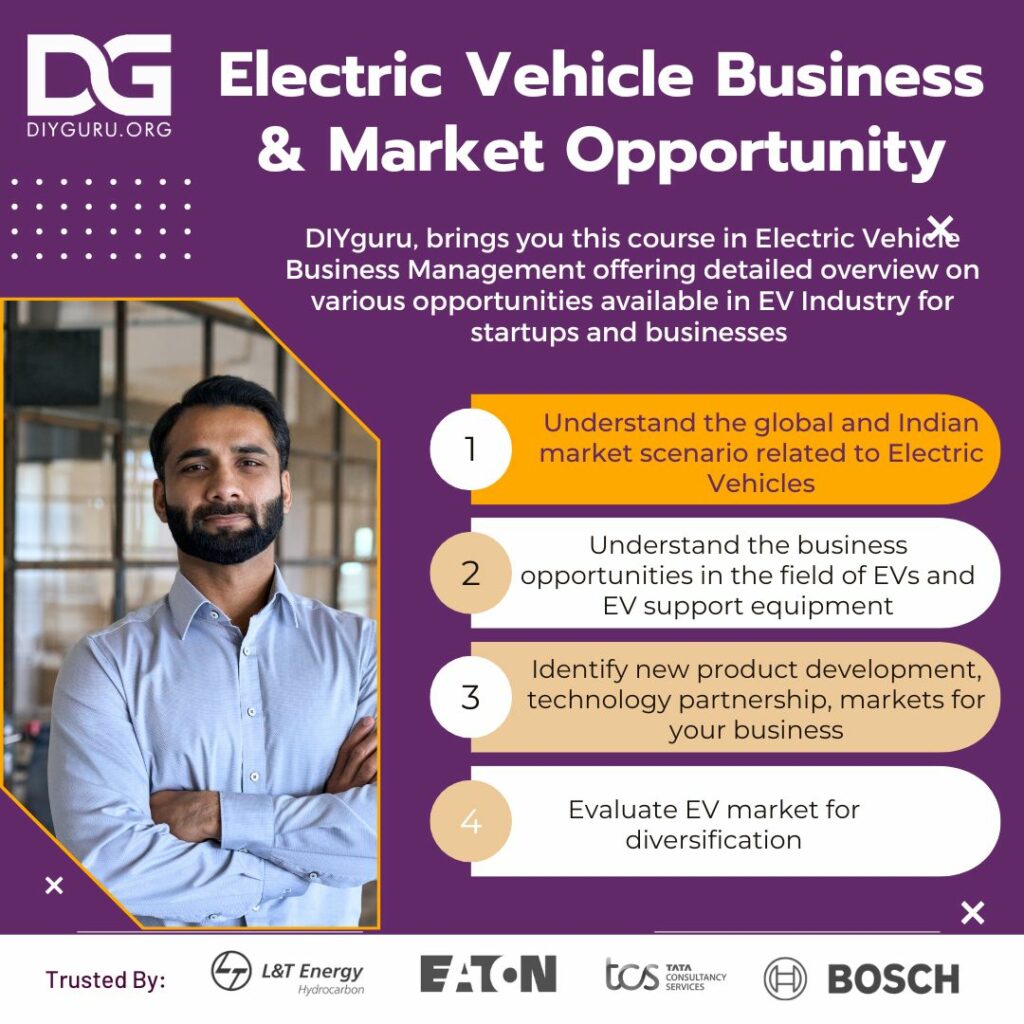Introduction:
List of Testing & Homologation Rules for Electric Vehicles in India:
As India embraces the transition towards sustainable mobility, electric vehicles (EVs) are gaining significant momentum. To ensure the safety, performance, and compliance of EVs, the Indian government has established testing and homologation rules. In this blog post, we will provide a comprehensive list of testing and homologation rules for electric vehicles in India. This guide will help manufacturers, stakeholders, and consumers understand the essential requirements and procedures. Let’s explore the regulations that govern the EV industry in India.
Importance of Testing & Homologation for Electric Vehicles
Testing and homologation are crucial processes that ensure the safety, reliability, and compliance of electric vehicles. Through rigorous testing, manufacturers can identify and rectify any potential issues, guaranteeing the quality of their vehicles. Homologation certifies that EVs adhere to the prescribed standards and regulations, instilling confidence in consumers and facilitating the growth of the sector.
List of Testing & Homologation Rules for Electric Vehicles in India:
In India, several rules and procedures govern the testing and homologation of electric vehicles. Let’s explore some of the key requirements:
CMVR Compliance:
Electric vehicles need to comply with the Central Motor Vehicles Rules (CMVR) set by the Ministry of Road Transport and Highways. These rules cover various aspects such as safety, emissions, registration, and vehicle operation.
AIS Standards:
Automotive Industry Standards (AIS) established by the Automotive Research Association of India (ARAI) define the technical requirements for EVs. It includes guidelines for components such as batteries, chargers, electrical safety, and performance.
ARAI Certification:
The Automotive Research Association of India (ARAI) conducts testing and certification of electric vehicles. ARAI certification ensures compliance with safety and performance standards specified by the Indian government.
ICAT Approval:
The International Centre for Automotive Technology (ICAT) is another authorized agency for testing and certification of electric vehicles in India. ICAT approval validates compliance with Indian regulations and standards.
Electromagnetic Compatibility (EMC) Testing:
EVs undergo EMC testing to assess their immunity to electromagnetic interference. This testing ensures that the vehicle’s electrical and electronic systems function properly without interference from external sources.
Battery Safety Testing:
Electric vehicle batteries undergo rigorous testing to ensure their safety and performance. These tests evaluate parameters such as thermal stability, overcharge protection, short circuit prevention, and durability.
Crash Testing:
EVs are subjected to crash tests to assess occupant safety and structural integrity. These tests evaluate the vehicle’s ability to protect occupants during various crash scenarios.
Performance Testing:
Testing of EVs includes performance evaluation parameters such as range, acceleration, top speed, and energy efficiency. These tests provide accurate information to consumers regarding the vehicle’s capabilities.
Noise and Emissions Testing:
EVs must comply with noise and emissions regulations. Although EVs produce zero tailpipe emissions, noise levels generated by their components need to be within acceptable limits.
Conclusion:
Testing and homologation rules are crucial for ensuring the safety, performance, and compliance of electric vehicles in India. Manufacturers need to adhere to the Central Motor Vehicles Rules (CMVR) and comply with AIS standards. Certifications from organizations like ARAI and ICAT validate compliance with Indian regulations. Rigorous testing covers aspects like electromagnetic compatibility, battery safety, crashworthiness, performance, and noise emissions. By following these rules, the Indian EV industry can continue its growth trajectory, providing consumers with reliable and sustainable transportation options.





